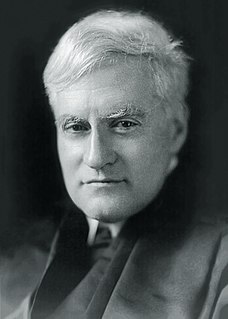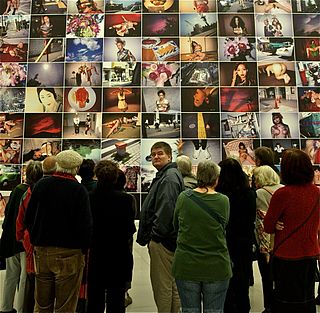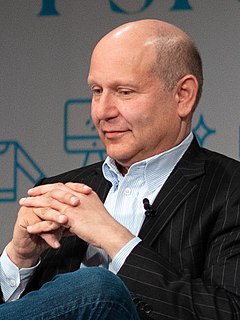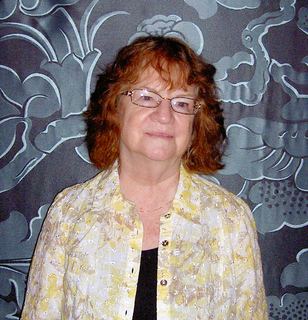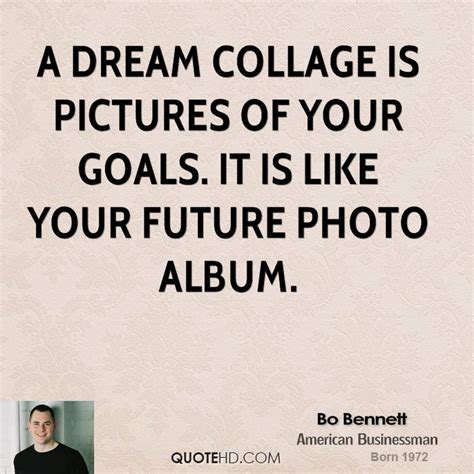A Quote by Guy Gavriel Kay
Fantasy is, at its best, the purest access to storytelling that we have. It universalizes a tale, it evokes wonder and timeless narrative power, it touches upon inner journeys, it illuminates our collective and individual pasts, throws a focus beam on the present day, and presages the dangers and promises of the future.
Related Quotes
Psychoanalysts are fond of pointing out that the past is alive in the present. But the future is alive in the present too. The future is not some place we’re going to, but an idea in our mind now. It is something we’re creating, that in turn creates us. The future is a fantasy that shapes our present.
Let each of us examine his thoughts; he will find them wholly concerned with the past or the future. We almost never think of the present, and if we do think of it, it is only to see what light is throws on our plans for the future. The present is never our end. The past and the present are our means, the future alone our end. Thus we never actually live, but hope to live, and since we are always planning how to be happy, it is inevitable that we should never be so.
Photographs are diary entries That's all they can be. Photographs are just documentations of a day's event. At the same time, they drag the past into the present and also continue into the future. A day's occurrence evokes both the past and the future. That's why I want to clearly date my pictures. It's actually frustrating, that's why I now photograph the future
When we let go of our battles and open our heart to things as they are, then we come to rest in the present moment. This is the beginning and the end of spiritual practice. Only in this moment can we discover that which is timeless. Only here can we find the love that we seek. Love in the past is simply memory, and love in the future is fantasy. Only in the reality of the present can we love, can we awaken, can we find peace and understanding and connection with ourselves and the world.
At its best, fantasy rewards the reader with a sense of wonder about what lies within the heart of the commonplace world. The greatest tales are told over and over, in many ways, through centuries. Fantasy changes with the changing times, and yet it is still the oldest kind of tale in the world, for it began once upon a time, and we haven't heard the end of it yet.
The right to the city is far more than the individual liberty to access urban resources: it is a right to change ourselves by changing the city. It is, moreover, a common rather than an individual right since this transformation inevitably depends upon the exercise of a collective power to reshape the processes of urbanization. The freedom to make and remake our cities and ourselves is, I want to argue, one of the most precious yet most neglected of our human rights.
From a tale one expects a bit of wildness, of exaggeration and dramatic effect. The tale has no inherent concern with decorum, balance or harmony. ... A tale may not display a great deal of structural, psychological, or narrative sophistication, though it might possess all three, but it seldom takes its eye off its primary goal, the creation of a particular emotional state in its reader. Depending on the tale, that state could be wonder, amazement, shock, terror, anger, anxiety, melancholia, or the momentary frisson of horror.
For the greater a man's works for the future, the less the present can comprehend them; the harder his fight, and the rarer success. If, however, once in centuries success does come to a man, perhaps in his latter days a faint beam of his coming glory may shine upon him. To be sure, these great men are only the Marathon runners of history; the laurel wreath of the present touches only the brow of the dying hero.




